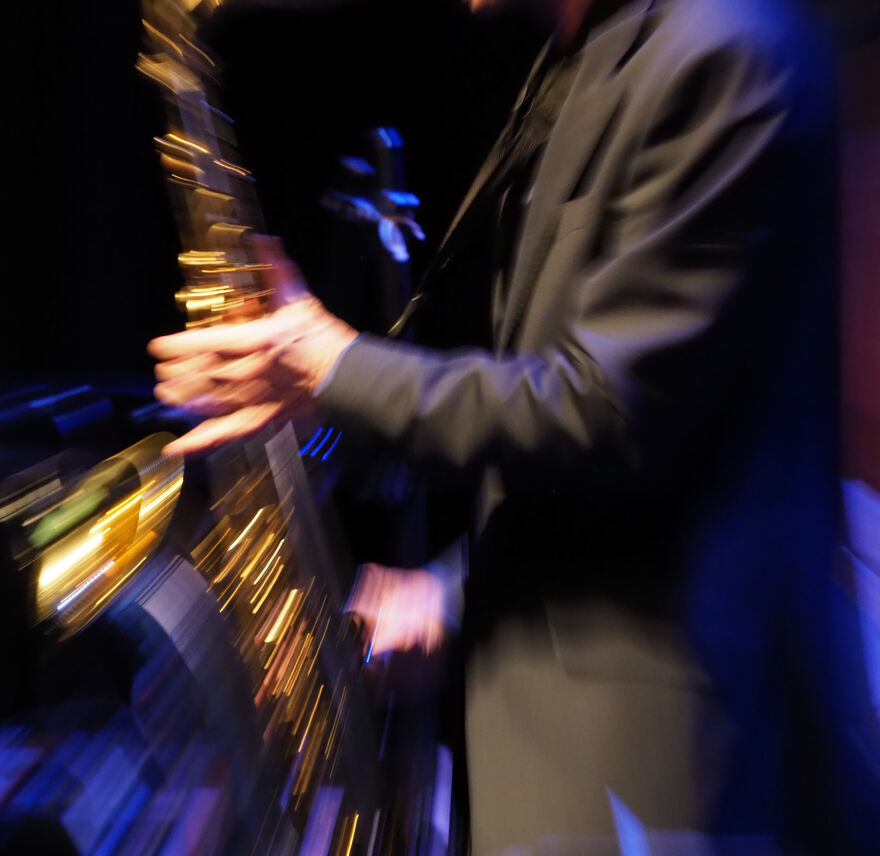
Choose list view or calendar view. Use the filters below to search for gigs by location or promoter or, alternatively, use your own search term to search, for example, for a particular artist.
Scroll down to select a specific date or a date range. You can apply multiple filters if you wish.
We also work with other promoters across the East Midlands. To find out more click on the links below: